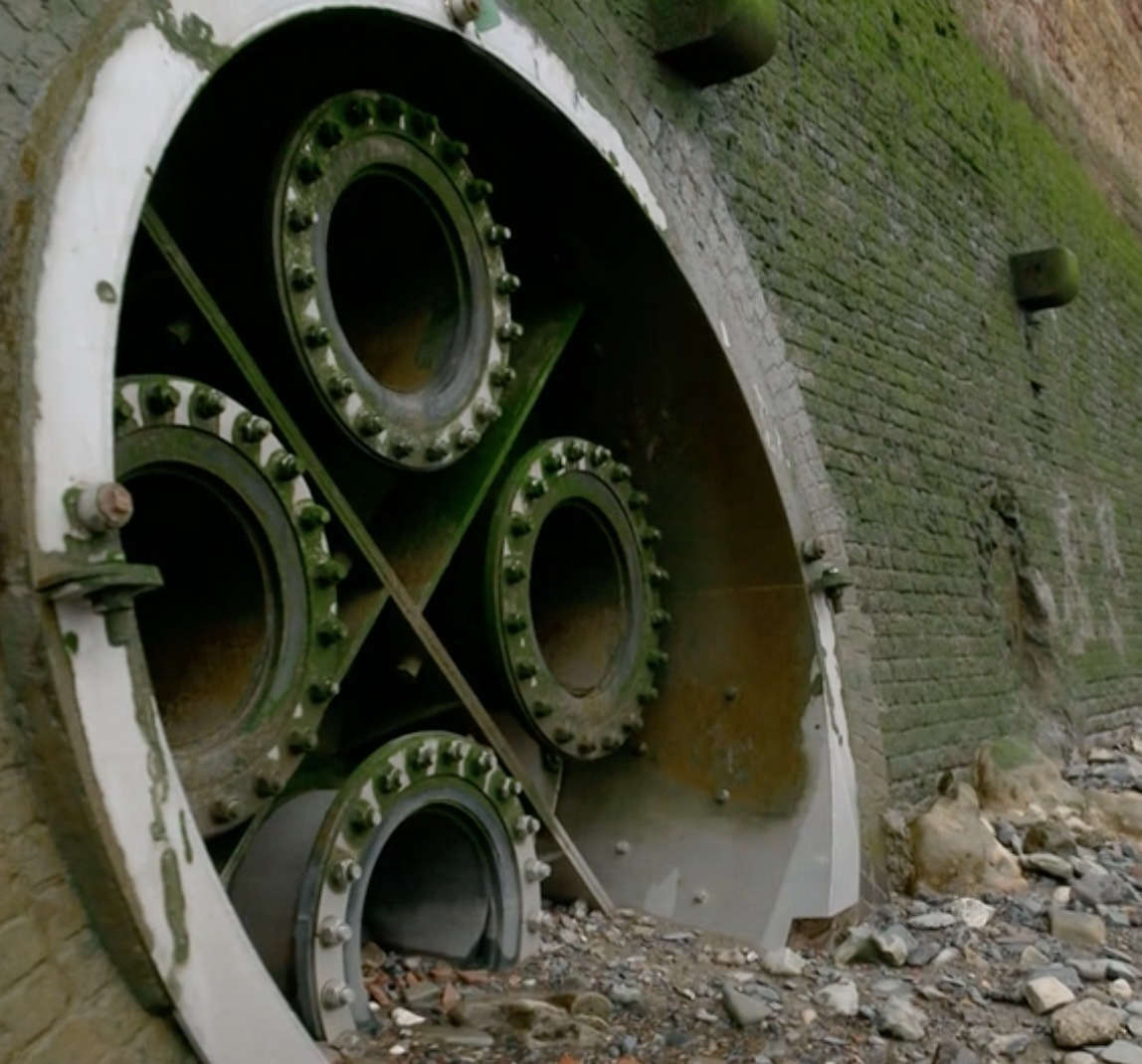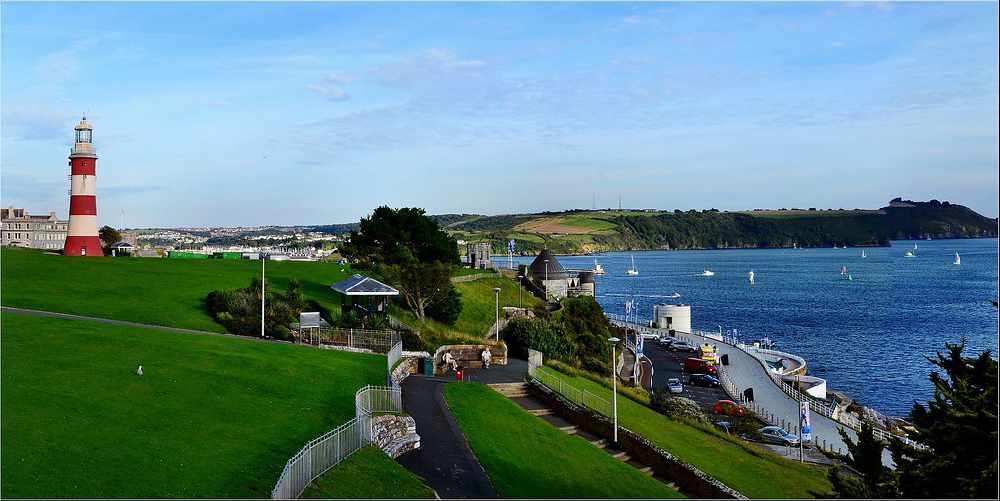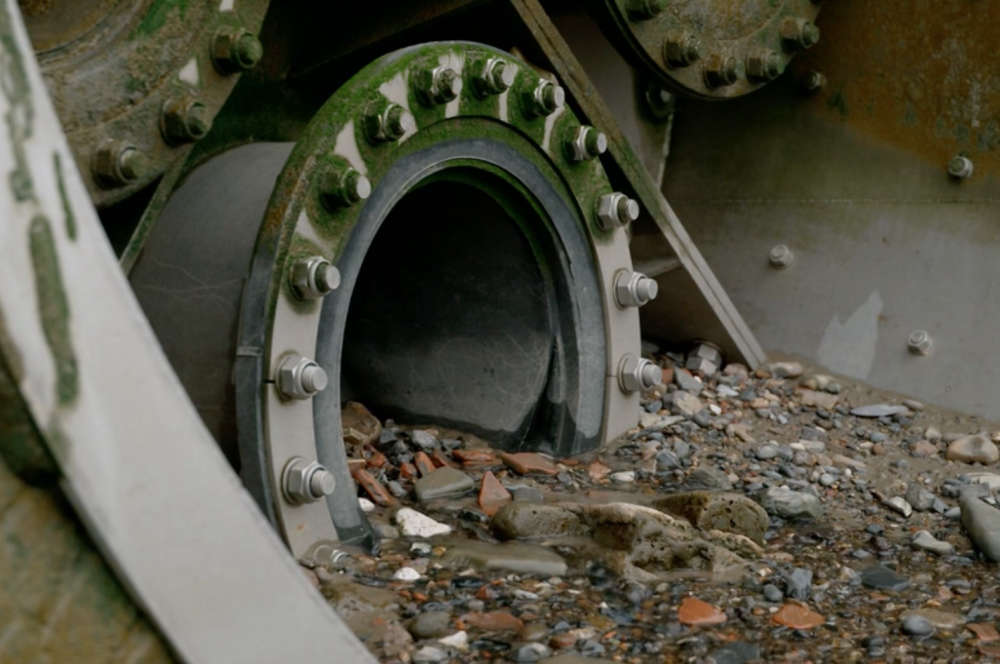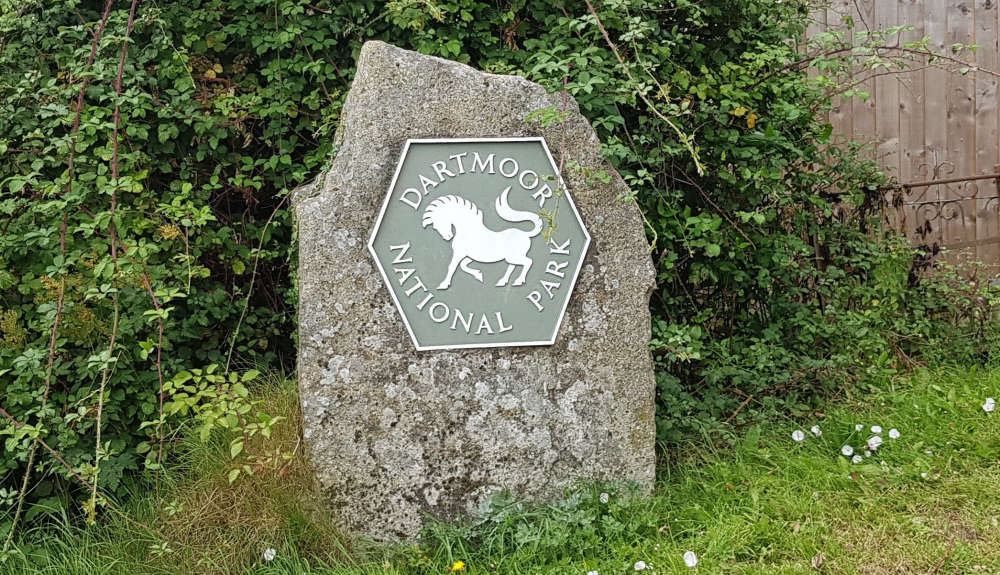
400 jobs could be created
Plymouth is to pioneer a new system of heating which could save businesses and residents energy costs whilst making a significant contribution to the city’s net zero aims.
District heating supplies low-carbon waste heat from a central source to properties through insulated pipes which effectively create a central heating system across a wide area.
Plymouth City Council is planned it in two areas after being chosen as one of 17 cities to take part in the government’s Heat Network advanced zoning pilot. It will attract funding of £60 million during the first phase and is expected to deliver over £350,000 million of investment in green infrastructure over 20 years and create 400 jobs.
The council will work with a private sector development partner as it does not have the expertise to do it alone and it involves no capital investment.
It is claimed that heat networks provide the cheapest low-carbon energy source available, distributing naturally occuring waste heat as a by-product of certain processes.
The first zone encompasses the southern and western areas of the city, mainly tapping into two major sources of waste heat: the South West Water Central Plant at Cattedown, and the Devonport Energy from Waste facility.
Cabinet member for the environment and climate change Cllr Tom Briars-Delve (Lab, Stoke) said that this is “truly a momentous milestone in our mission to make the city net zero.”
The roll out will take place from 2026 to 2050 with Plymouth University, the Civic Quarter and MIllbay involved the first phase and Derriford Hospital and Marjon University in the second, with waste heat coming from the NHS medical waste incinerator.
Annual carbon savings of 31,000 tonnes of CO2 would be made once fully implemented.
“It would make a big impact,” said Cllr Briars-Delve. “Heating accounts for 28 per cent of our total city emissions.
“Development of heat networks is something Plymouth City Council has recognised for some time. It’s been included in every climate emergency action plan and net zero action plan since we declared a climate emergency in 2019.
“We have been recognised for our efforts and that’s why we are one of 17 cities chosen for the advanced programme.”
He said it was a highly ambitious and complex project but you” simply cannot become net zero without bold actions to decarbonise heat.”
While just over two per cent of homes are currently connected to district heating networks, more are expected to come online as the UK transitions to net zero over the coming decades.
They are a particularly attractive option in urban areas and can be a way of tackling fuel poverty while reducing housing management costs.
It is claimed that district heating can reduce fuel bills by up to 30 per cent.
An application will be made to the Green Heat Network Fund to support the delivery of the first phase.
 Storm overflow prevention work set for Plymouth
Storm overflow prevention work set for Plymouth
 Help needed to find Exminster pensioner
Help needed to find Exminster pensioner
 City lose at home again
City lose at home again
 Calls for inclusion on Plymouth lord mayor role
Calls for inclusion on Plymouth lord mayor role
 Upgrades to Plymouth storm overflows to take place
Upgrades to Plymouth storm overflows to take place
 Dartmoor finances facing biggest cut for years
Dartmoor finances facing biggest cut for years
